TRAINING TIME: Three effective strategies for proper nutrition
CalHiSports Insights October 11, 2012 SportStars 0
By far the number one question I get from athletes and parents is, “What do I eat on game day?”
They basically want to know how they can fuel themselves or their athletes for optimal performance on the day or weekend when they are going to compete.
The fact is if your athlete or athletes wait until Game Day to follow a sound nutritional practice of sports nutrition, then they have waited too long. Good nutrition is “training nutrition.” This is the food they should be eating day in and day out while preparing for game day.
On game day there are three strategies that will guarantee athletes optimal energy to fuel optimal performance:
• Do what they practiced: Athletes of all ages should rehearse their game day routine. Then they should do a trial run well before game day. Wake up at the same time, eat the same foods, and perform the same athletic feat. If they haven’t practiced, they’re leaving things up to chance. This is a big mistake. On game day, they need to show up and do what they practiced, simple as that.
• Supply their bodies with energy for game day: During game day, your athlete’s main goal should be to make sure that their nervous system is stimulated for optimal performance and that they have a steady supply of blood glucose (sugar) to prevent them from gassing out.
So the competition feeding strategy is as simple as this: Eat small, easily digestible foods every 2-3 hours throughout the day. Snacking is the best policy. Snacks should contain some protein, fats and most importantly, quality carbohydrates. Also, your athletes should eat foods they are familiar with, something they’ve been doing all along to get them ready for game day.
Certain sports supplements can help with carbohydrate energy. Liquid nutrition can be very useful for sipping between events if an athlete is going to have several games or heats during the day. Liquid protein and carbohydrates best assist fluid replenishment and are often better tolerated.
• Avoid foods that make them uncomfortable: Many athletes are over-stimulated on game day. If this is the case, they will find it more difficult to tolerate large meals or slowly-digested foods. They should eat foods that make them feel good, that don’t aggravate their stomachs and make them feel light. During their practice run they should experiment with different foods until they find a routine that works well.
Here are some guidelines for proper eating:
Daily: Make sure each meal contains a Lean Protein (Chicken, fish, lean meat), Complex carbohydrate (whole grain rice, potato or fruit) and good fats (avocados, walnuts, olive oil etc.). The plate should be divided into 1/3, which will be filled with each of these Macronutrients.
Some good pre-competition or practice meal examples:
2 hours or less before
competition:
• Homemade smoothie (frozen fruit with low fat milk or yogurt)
• Banana with peanut butter
• Greek yogurt with fruit
2 hours or more:
• Oatmeal and piece of fresh fruit
• Sandwich with lean meat, like turkey or ham
• Peanut butter and jelly sandwich with glass of low fat milk
• Whole wheat pasta with chicken, marinara sauce
Taking care of your athlete’s nutrition is all within your control, as a parent. Ensuring that they follow and implement the three strategies above will enable them to perform at their highest level on game day.
Tim Rudd is an International Youth Conditioning Association specialist in youth conditioning (level 3), speed and agility (level 2), and nutrition specialist (level 1). For more information on anything you read in Training Time, email him at [email protected].
SportStars
SportStars Magazine: High School Sports Articles Online SportStars is your go-to source for the very best high school sports articles in California. Player and team profiles, game coverage, health and fitness tips and the largest Camps, Clinics & Combine resource for athletes. We're the story behind the stats.


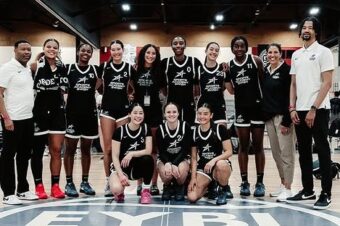
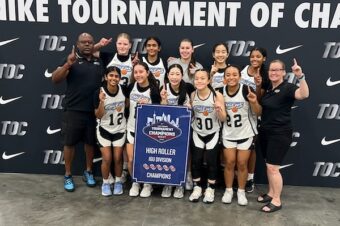
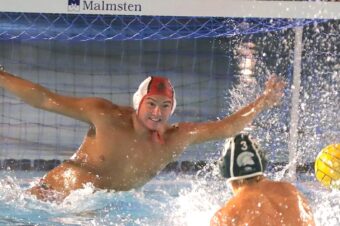
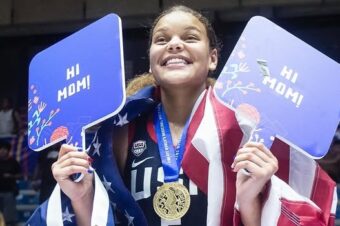
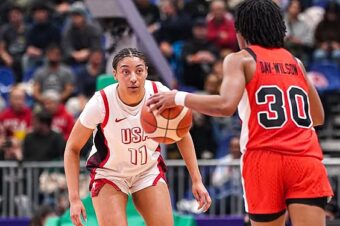
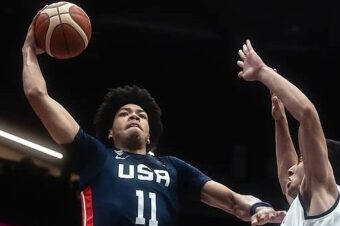
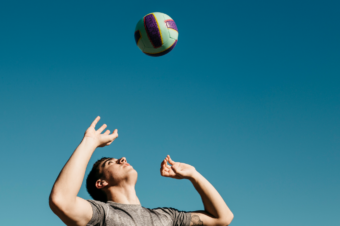
No comments so far.
Be first to leave comment below.